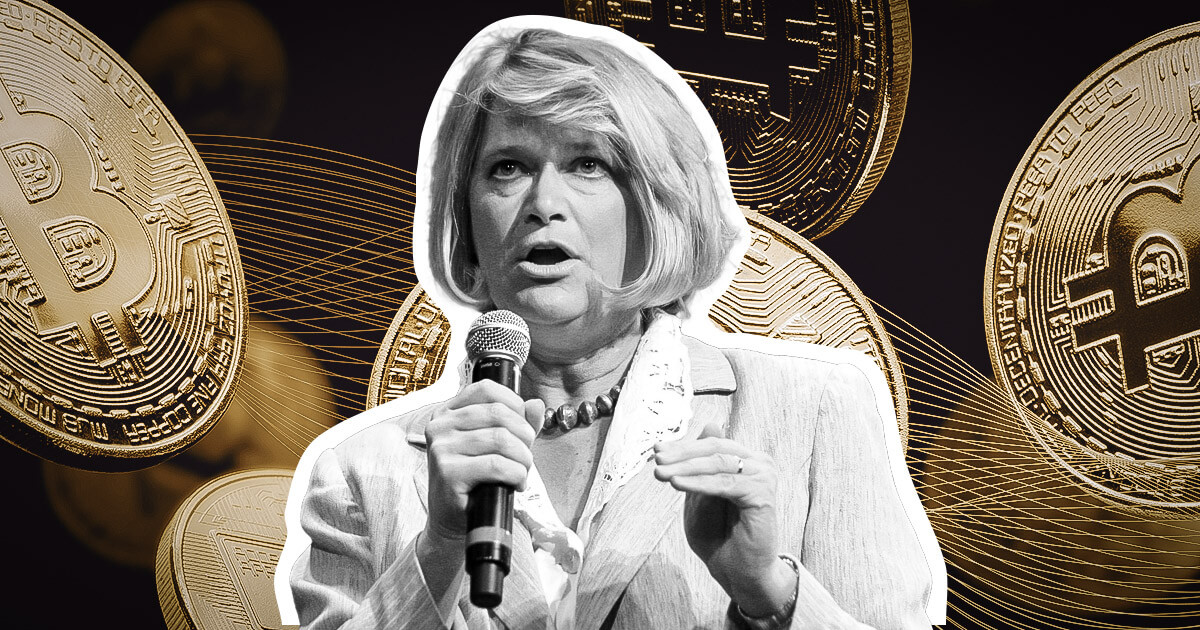South Korean cryptocurrency exchange Huobi Korea has announced it is terminating its operations with effect from the 29th of January 2024.
According to sources, the decision comes in response to what the exchange called a challenging business environment for the platform.
Huobi Korea To Shutter Operations
The exchange stated that it would continue to support its users in withdrawing their assets from the platform. The closure announcement, posted on the exchange’s website, cited a challenging business environment as the reason for its closure. The move sees the exchange join several other exchanges based in South Korea, including Cashierest and Coinbit, which shuttered their operations in November. Another platform, CoreDAX, had suspended trading services after facing financial difficulties.
Huobi Korea has restricted some services and has been conducting brand renewal and system upgrades to provide better services. The exchange stated its announcement,
“We would like to express our sincere gratitude to all of our customers who have used Huobi Korea. We cannot help but feel sorry and disappointed for our customers who have been loyal to us for a long time for not being able to continue to provide virtual asset exchange services.”
The platform had severed ties with HTX (Huobi Global) in January 2023. Chairman Cho Kook-bong acquired the majority shares Huobi Global founder Leon Li held. Huobi Korea was also planning to change its name and overhaul its brand while continuing to provide crypto trading services to its users.
Only A Few Exchanges Left
Only a few major players now dominate the South Korean crypto market. According to data from the Financial Services Commission, the country’s top five exchanges, Upbit, Bithumb, Coinone, Korbit, and Gopax, hold 99.6% of the total crypto trading volume as of June 2023. South Korea has a strict regulatory environment that came into force through the introduction of a 2021 amendment to the financial reporting law.
The law required crypto trading platforms in the country to maintain a partnership agreement with a local bank to offer users fiat-to-crypto services. Such strict requirements aim to minimize risks associated with money laundering and market manipulation. However, Huobi Korea and other smaller exchanges failed to secure partnerships with banks, limiting them to crypto-to-crypto services.
The Virtual Asset Investor Protection Act
The Virtual Asset Investor Protection Act is expected to be enacted in July 2024. This act will impose additional responsibilities on cryptocurrency exchanges when it comes to safeguarding customer assets. Once passed, exchanges will be required to maintain 80% of user funds or an equivalent value in cold wallets. They will also have to register insurance coverage to ensure guaranteed compensation for users in the event of a hack or catastrophic system failure.
Disclaimer: This article is provided for informational purposes only. It is not offered or intended to be used as legal, tax, investment, financial, or other advice.
Credit: Source link























